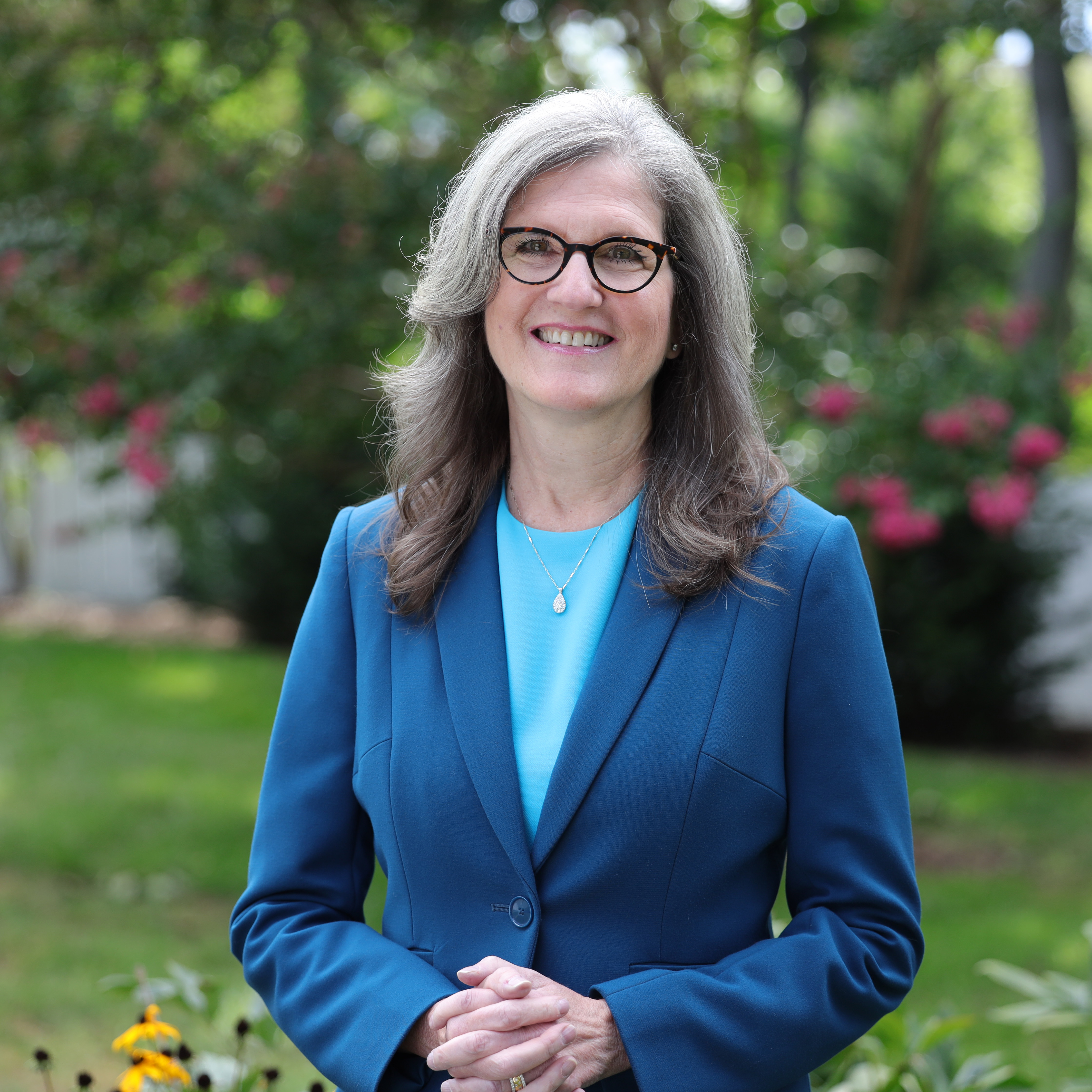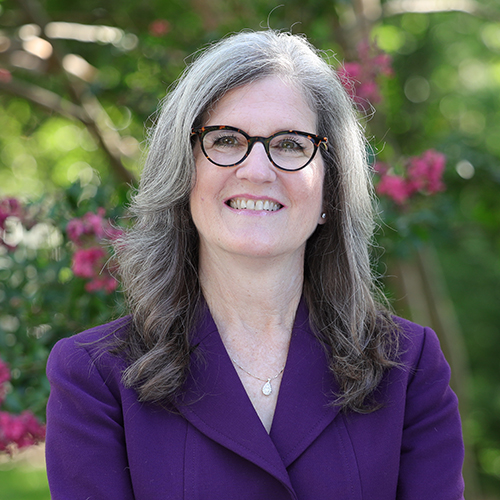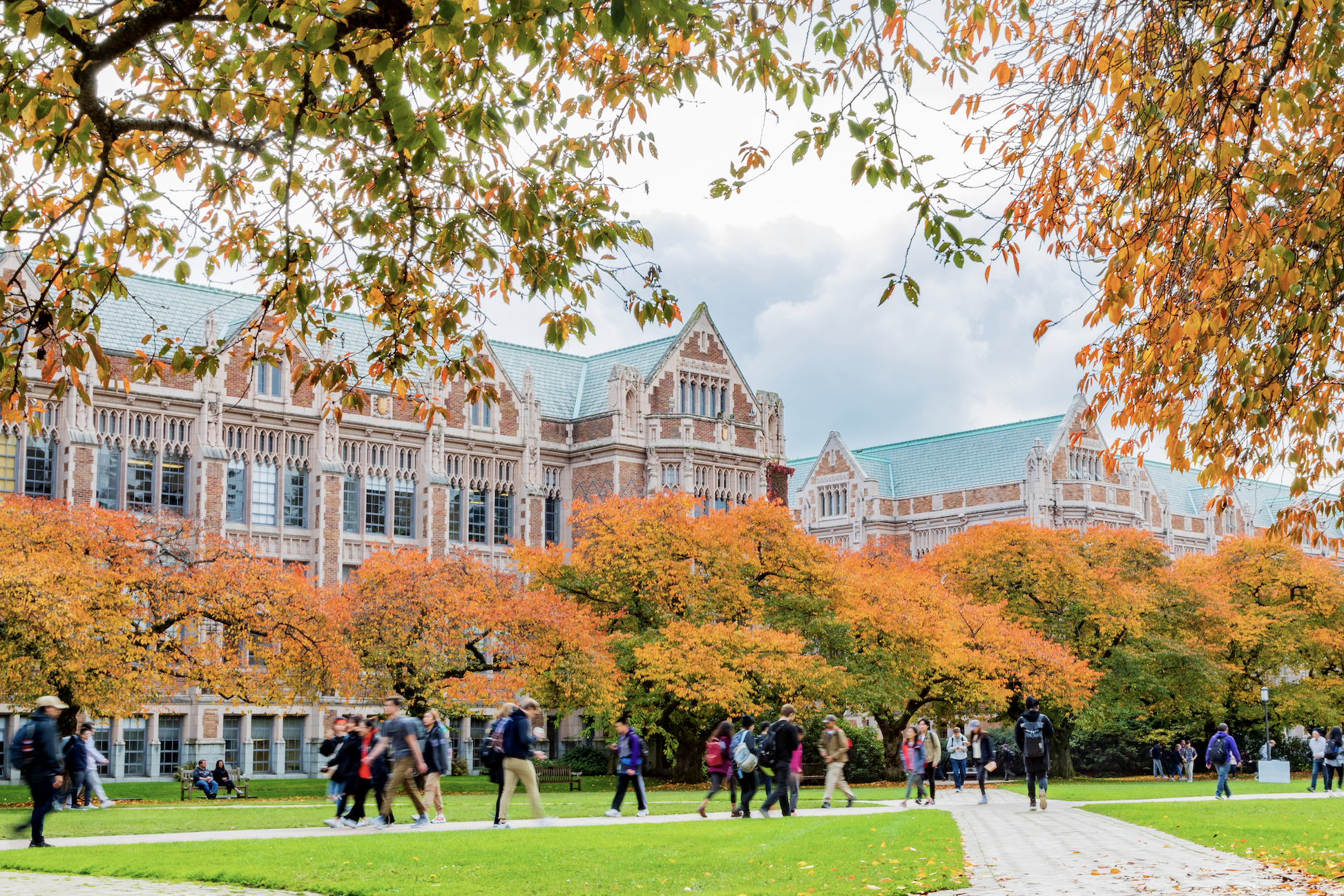
Maybe sun or the sun’s patterns
weren’t accidental on the wall.
Or this morning’s cold, making
the study once again unusable
for weeks at a time. Of course
winter can’t and won’t be forgotten.
Casual, deceptive. June and September,
gone with the curtains you packed
away with those birds that hung
on, in their own ways with boughs.
- from “Tempering the End of Summer’s Fall,” by Arthur Oberg
Dear colleagues,
June and September may indeed be gone, and the hours of daylight growing fewer, but on university campuses, autumn is an energizing time full of possibility. As we gear up for the academic year ahead, I hope your summer offered opportunities for rest, relaxation, rejuvenation, and a general boost for the spirit. For those who pursued research, creative, scholarly, and service work, I hope the time was both productive and rewarding.

I spent portions of my summer collaborating with our dean’s office staff to move aspects of our Rethinking the Academy work forward. In a subsequent message, I’ll report about the experience of our first Futurists retreat, and we will be sending you information about this year’s “Big Read” event, which is currently scheduled to take place in February, and about opportunities to engage as Dean’s Academy Fellows. For now, I’m delighted to start the academic year by sharing the outcome of last year’s efforts to create a values framework for the College of Arts & Sciences.
As you may recall, we hosted two workshops during the 2022-23 academic year with the HuMetricsHSS group, endeavoring to create a values-enacted framework for our college. Our original goal was to lay the groundwork for Rethinking the Academy by identifying the values that mattered most to us in our daily work on the University of Washington campus, and to then be as precise as possible in defining the meanings of the values we identified and what those values implied for our daily interactions. Once completed, our initial plan was to then ask the college to adopt that framework and to use it to guide our work together.
The workshops were a valuable experience, perhaps especially so in the ways they provided an opportunity to gather for debate about the values we wanted to prioritize, but also about whether a values framework of this sort could be meaningfully enacted at the scale of a college that is as large and complex as ours. We made some progress and had some generative conversations, but we were never able to get to a definitive framework for the entire college. Why?
After much deliberation among the leadership team in my office, we reached two conclusions: First, we realized we could not authentically claim to represent the values that would be prioritized by everyone in our college, no matter how hard we tried to be inclusive in the process, and no matter how broad the values we selected. Second, we realized that the values themselves, even when carefully defined into a framework, did not necessarily imply a course for future action.
Instead, we realized that we, the members of the dean’s leadership team, could generate a set of guiding principles that authentically represent our aspirations for our work together and that would create a framework for how we as a leadership team wish to act with each other and in our interactions throughout the college and the University. It is a set of principles that are deeply rooted in many of the values we spent time discussing in the HuMetricsHSS workshops and afterwards and that you may recognize as you read them.
Although it would not be correct to declare these guiding principles as having been adopted by the entire college — they have not been — they do offer us an opportunity for reflection as a professional community. I hope you will accept my invitation to read them and to consider whether these are principles that you and your colleagues might also wish to adopt, or whether you might wish to create your own.
These should be read as a first effort, and they are not cast in stone. They leave room for interpretation and surely will be understood variously. In the dean’s office, we will continue to use them, to reflect on them, to remind each other about them, and to hold ourselves accountable to them. We will be learning as we do so, and we may adjust or refine them in the future. I hope they will be helpful as we continue to navigate the complex world of higher education and rethink the academy together.
The guiding principles are:
- Engage from a place of trust
- Recognize and celebrate our differences
- Promote the common good
- Pursue social justice
- Foster community
- Support risk, learn from failure, applaud success
- Seek joy in our work
- Remember why we are here
I look forward to hearing your thoughts about this framework of guiding principles as the year unfolds.
The lines of poetry that precede this greeting might be read as an elegy for the summer that has just passed with its long, sunny days and dry skies. But it may also be read as a celebration of the months to come. The autumn and winter sun patterns on the wall will be as evocative and beautiful, and perhaps more precious; birds will always find ways to hang on their boughs, just as we will continue to create, to discover, to teach, and to learn. I look forward to the work ahead, to supporting our efforts to build towards the common good, and to celebrating the joy that comes from remembering why we are here.
With my best wishes to all for the academic year ahead,
Dianne Harris, dean
More Stories

From the Dean
Dianne Harris reflects on her first six months as dean, and the “dedication to excellence and deep veins of creativity” she has found throughout the College of Arts & Sciences.

New Dean, New Perspectives
A conversation with Dianne Harris, new dean of the UW College of Arts & Sciences.
